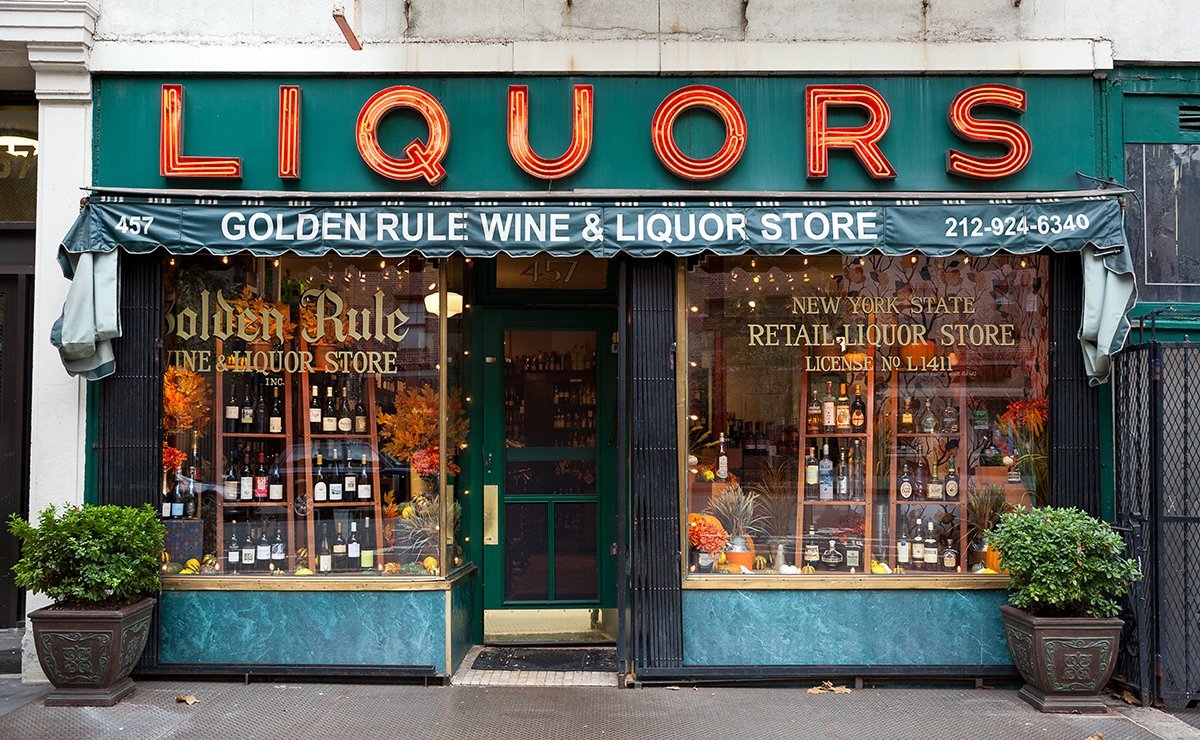1. The Rich History of Liquor
liqour has a storied history that dates back to ancient civilizations. The earliest known records of alcohol production are from the Sumerians around 4000 BCE, who produced beer. However, it was not until the 8th century when Arab chemists perfected the distillation process, that the production of high-proof spirits began. This process spread throughout the world, with each culture developing its unique methods and types of liquor. From the whiskey distilleries in Ireland and Scotland to the vodka producers in Russia, and the rum makers in the Caribbean, liquor has become an integral part of many cultures and traditions. The history of liquor is not just a tale of production but also of regulation, prohibition, and resurgence, reflecting broader societal trends and norms.
2. Types of Liquor and Their Characteristics
Liquor, also known as spirits, encompasses a wide range of beverages, each with its distinct characteristics and production methods. The most common types include whiskey, vodka, rum, gin, tequila, and brandy. Whiskey is typically made from fermented grain mash and aged in wooden barrels, giving it a rich, complex flavor. Vodka, on the other hand, is distilled to a high proof and often filtered multiple times, resulting in a clean, neutral taste. Rum is made from sugarcane byproducts like molasses and has a sweet, sometimes spicy flavor profile. Gin is flavored with juniper berries and other botanicals, giving it a distinct, aromatic taste. Tequila, made from the blue agave plant, has a robust, earthy flavor, while brandy, distilled from wine or fermented fruit juice, is known for its rich, fruity, and sometimes oaky notes. Each type of liquor offers a unique drinking experience, catering to a wide range of palates and preferences.
3. The Art and Science of Distillation
The process of distillation is both an art and a science, requiring precision and expertise. At its core, distillation involves heating a liquid to create vapor and then cooling the vapor to create a liquid, thereby separating substances based on their boiling points. In the case of liquor, this process concentrates the alcohol content while removing impurities. Master distillers use various techniques to influence the final product, such as selecting specific grains, controlling fermentation conditions, and choosing the right type of aging barrels. The aging process, in particular, is crucial as it allows the liquor to develop its flavor and character over time. The choice of wood, the duration of aging, and the environmental conditions all play significant roles in shaping the final taste of the liquor. Distillation is a meticulous process that combines traditional methods with modern technology to produce high-quality spirits.
4. The Cultural Significance of Liquor
Liquor holds a significant place in many cultures around the world, often associated with celebrations, rituals, and social gatherings. In many societies, liquor is a symbol of hospitality and is used to mark important life events such as weddings, births, and holidays. For example, sake is an integral part of Japanese culture and is often used in traditional ceremonies, while tequila is deeply embedded in Mexican heritage and is a staple at festive occasions. In Western cultures, whiskey and wine are commonly enjoyed during dinners and social events. Moreover, liquor has influenced literature, art, and music, serving as both inspiration and subject matter. It has also played a role in historical events, from the colonial rum trade to the American Prohibition era, which significantly impacted social and economic landscapes. The cultural significance of liquor extends beyond its consumption, reflecting the values, traditions, and history of the societies that produce and enjoy it.
5. Responsible Consumption and Modern Trends
In contemporary society, there is a growing emphasis on responsible liquor consumption and an appreciation for quality over quantity. This shift is driven by increased awareness of the health risks associated with excessive drinking and a desire for more refined drinking experiences. Many people are now seeking out craft spirits, which are produced in small batches with a focus on quality ingredients and traditional methods. This trend has led to a renaissance in the liquor industry, with a proliferation of artisanal distilleries offering unique and innovative products. Additionally, there is a rising interest in mixology and the art of cocktail-making, with bartenders creating sophisticated and balanced drinks that highlight the flavors of premium spirits. Responsible consumption also extends to the broader societal impact, with many producers adopting sustainable practices and supporting local communities. As the liquor industry evolves, it continues to blend tradition with innovation, catering to the changing tastes and values of modern consumers.

